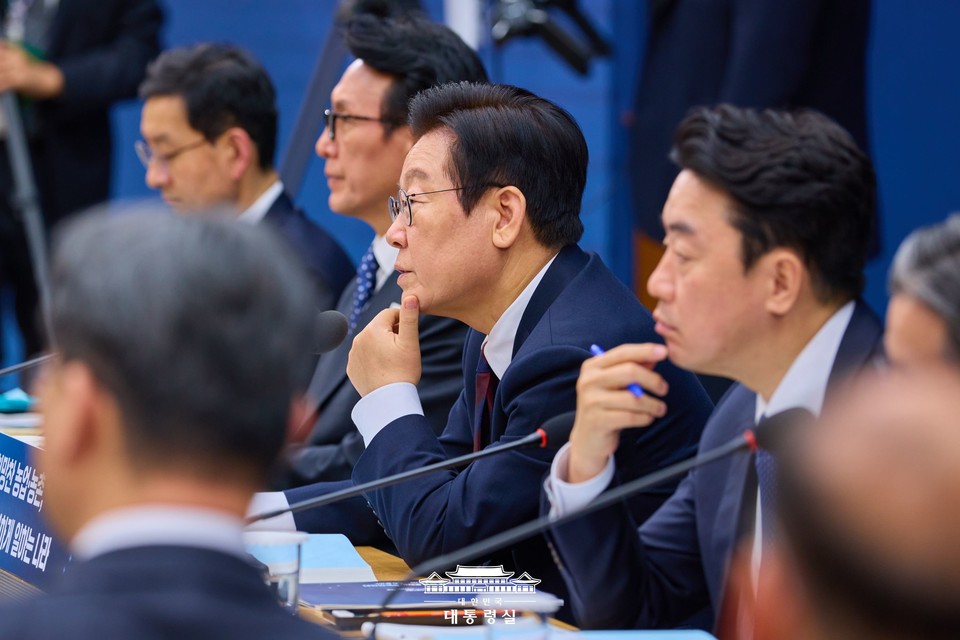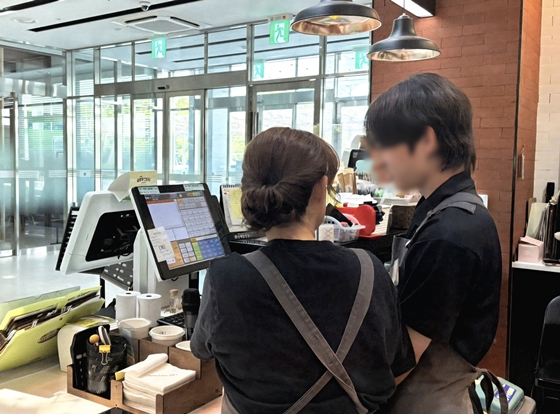The Japanese industry considers mental disabilities such as neurodevelopmental disorders (developmental disabilities) as diversity, and has begun to pay attention to the new employment of people with disabilities that take advantage of the strengths of these characteristics. In February 2024, with the support of the Korean government, the Korea Neurodiversity Association was established with the aim of spreading neurodiversity in the industry. In May, under the auspices of the Korea Economic Daily, 35 executives and HR managers from Korea’s leading companies visited Japan and visited the Turnover Support Office, where they can learn IT.
“We want to follow Japan’s example and spread neurodiversity to Korea,” said Kim So-hyun, CEO of the new division of Persol Kelly, Korea’s leading HR service company. Representative Kim said, “Until now, disability has been considered a negative due to the lack of progress in the employment of people with disabilities in Korea, but in the future, we would like to expand the employment of people with disabilities in a way that maximizes their characteristics.”
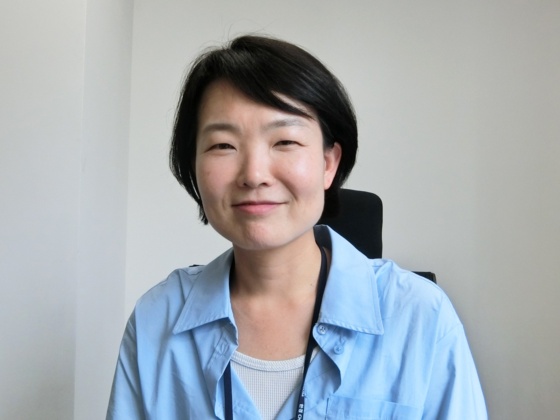
She is also a key figure in the Korean Association for Neurodiversity (Photo: Author, same below)
Professor Kim’s interest in neurodiversity began when he visited Japan in 2023. They visited Neuro Dive, a job transition support office operated by PERSOL DIVERS (Minato-ku, Tokyo), a special subsidiary of Persol Group, and exchanged information with officials from the Ministry of Economy, Trade and Industry (METI), which promotes neurodiversity. Ms. Kim, who has a family member with a disability, recalled, “I was deeply moved by the concept of neurodiversity and the fact that disability can be perceived in a positive way.”
In South Korea, Mr. Kim’s actions were swift. In February of this year, he founded a non-profit organization called the Korea Neurodiversity Association. Representative Kim described the association as “an organization to spread the employment method of people with disabilities in Korea that makes use of the strengths of neurodevelopmental disorders (developmental disabilities) with government support.”
South Korean media and industry are also on the move. The Korea Economic Daily invited the chief human resources officer (CHO) of a Korean company to take a tour to observe Japan’s neurodiversity. In May, he led a delegation of 35 people to Osaka. The names of the companies were not disclosed, but the Korean interpreter was surprised to find out that “all of them are managers of leading companies in Korea.”
Some commuters use translation tools to introduce themselves in Korean.
The delegation visited Neuro Dive Osaka, a job transition support office that opened in Osaka a year and a half ago. When a delegation of 35 people entered, the facility was so small that about half of the office was filled, but the interest of the delegation was very high. After listening to the staff’s explanation that they could learn cutting-edge IT such as AI, machine learning, and data science, they asked questions and enthusiastically took notes to visitors through an interpreter.
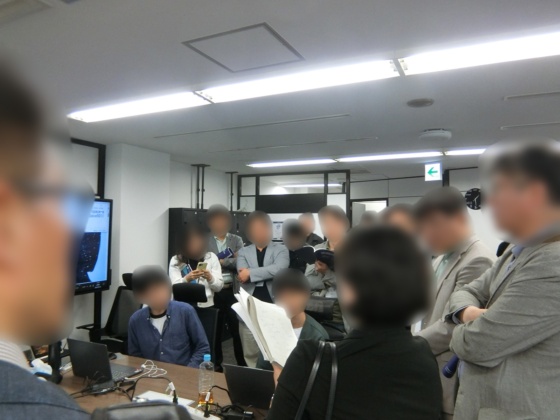
The delegation asked questions such as: “Who pays for studying here?”, “How many times longer does it take to get here?”, “Why are you studying here and not at school?”
Some of the students surveyed used a translation tool to translate their introductions into Korean and explained themselves in English while showing the text. Complaining of symptoms such as ADHD, ASD, depression, and anxiety disorders, he shared his feelings about quitting his job as a civil servant and receiving support from Neuro Dive Osaka to change jobs.
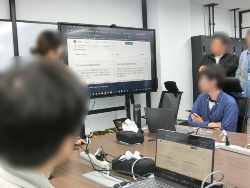
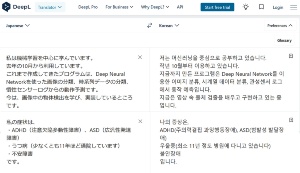
A visitor explaining a sentence translated into Korean using a translation tool to the Korean delegation (left) and a portion of the text (right)
Baek Seung-hyun, director of the Korea Economic Daily, who led the delegation to Japan, said, “When we entered the conference room, we were honestly surprised at how small it was,” but added, “The participants were very satisfied and it was a great success.”
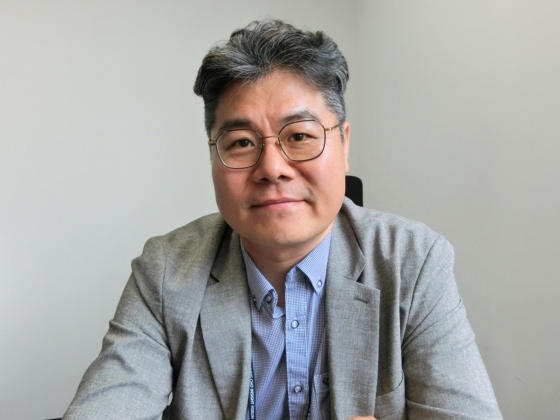
Representative Kim also showed satisfaction, saying, “Until now, Korean companies have been passive about hiring people with disabilities, and the private sector has rarely taken the lead, so I think everyone was greatly inspired by this visit.” In order to spread awareness of neurodiversity in Korea, Kim said, “First of all, I want to create a place where people with neurodevelopmental disabilities can learn cutting-edge IT such as Neuro Dive. Hence, in addition to the highly advanced IT field, our characteristics.
*Please note this is a Japanese article
Source: NikkeiBP HumanCapitalOnline

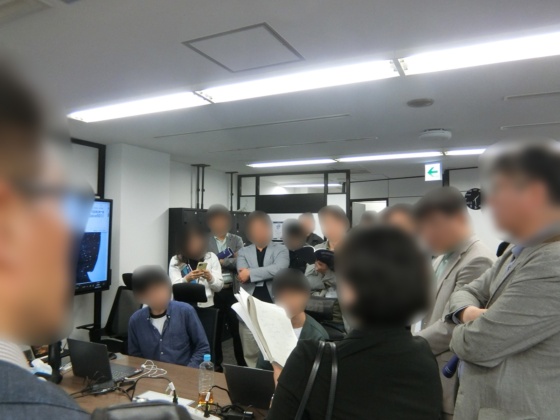
![Read more about the article [Card News] AI and Robots Create New Occupations Beyond Job Replacement](https://knda.ne.kr/wp-content/uploads/2025/09/thumb_520390_1757492456_51.jpg)
